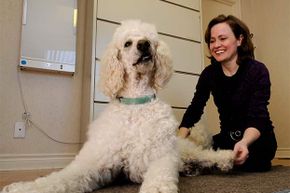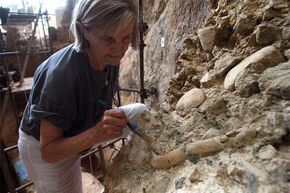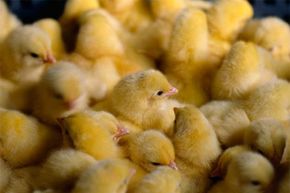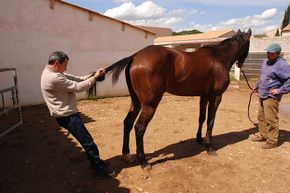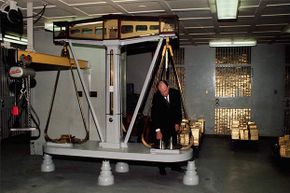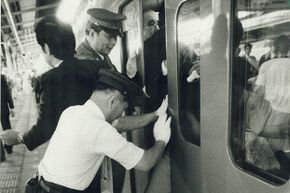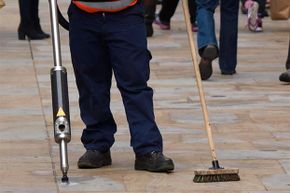High school guidance counselors don't have a clue. Remember that career match survey you took during your senior year? You filled in a bunch of bubbles, ranking various tedious activities from one to 10, and out popped a list of potential soul-crushing careers: sanitation removal specialist, retail sales associate, freelance writer. What a crock.
The truth is that the world is filled with an endless variety of weird and wonderful jobs that have never appeared on a career survey. There are people whose job is to rappel down the faces of Mount Rushmore filling in the cracks on Teddy Roosevelt's nose. Other folks spend their entire lives searching for petrified pieces of dinosaur poop. And what about the lucky stiffs who get to taste test chocolate, beer, ice cream and the occasional can of cat food? What college major did their guidance counselors recommend?
Advertisement
We've scoured the globe to uncover 10 of the most fascinating and bizarre jobs imaginable. Maybe one is right for you!
